All Formats & Editions
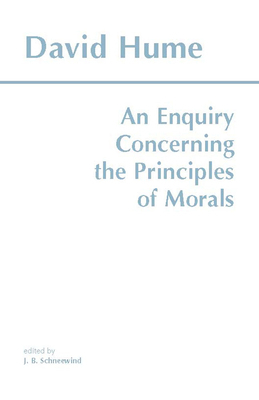
An Enquiry Concerning the Principles of Morals ...

An Enquiry Concerning the Principles of Morals
David Hume's An Enquiry Concerning the Principles of Morals is one of the most important works of moral philosophy and remains widely read and studied today. First published in 1751, this classic book provides a thorough examination of moral philosophy from a skeptical, empiricist...

An Enquiry Concerning the Principles of Morals
An Enquiry Concerning the Principles of Morals by David Hume is a masterful work of philosophy exploring the concepts of morality. Any profits generated from the sale of this book will go towards the Freeriver Community project, a project designed to promote harmonious community...

An Enquiry Concerning the Principles of Morals
David Hume's An Enquiry Concerning the Principles of Morals argues that morals are not based in rational thought, but rather are sentimental endeavors. This text highlights how approval and disapproval can be used to make moral judgments, and how this might elevate certain aspects...

An Enquiry Concerning the Principles of Morals ...
An Enquiry Concerning the Principles of Morals is a book by Scottish enlightenment philosopher David Hume. In it, Hume argues (among other things) that the foundations of morals lie with sentiment, not reason. An Enquiry Concerning the Principles of Morals is the enquiry subsequent...
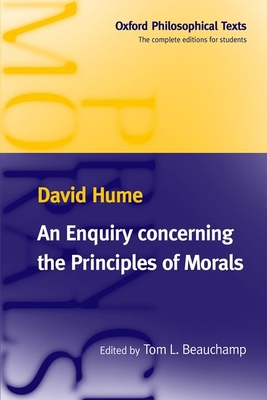
An Enquiry Concerning the Principles of Morals:...
In this highly influential work, Hume sets out his theory of justice and benevolence and the other virtues and argues that morality is founded on the natural feelings or sentiments of humankind. The text printed in this edition is the Clarendon critical edition of Hume's works...
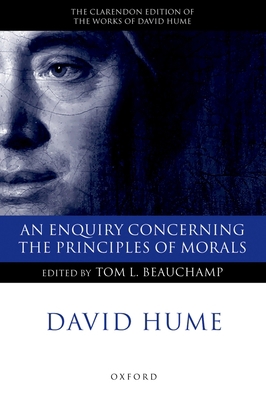
An Enquiry Concerning the Principles of Morals:...
This new volume in the Clarendon Hume series presents a definitive scholarly edition of one of the greatest works in the history of philosophy. In his elegant and lucid Enquiry Hume gives us an accessible presentation of a fully developed ethical theory. The distinguished Hume...
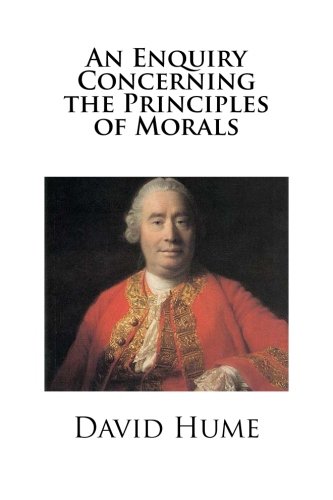
An Enquiry Concerning the Principles of Morals
An Enquiry Concerning the Principles of Morals is a book by Scottish enlightenment philosopher David Hume. In it, Hume argues (among other things) that the foundations of morals lie with sentiment, not reason.
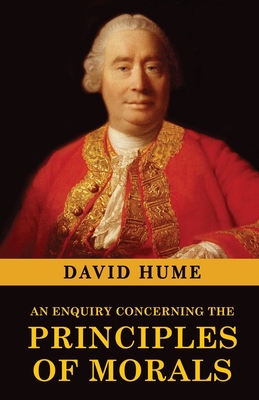
An Enquiry Concerning the Principles of Morals
The Enquiry Concerning the Principles of Morals is a refinement of Hume's thinking on morality, in which he views sympathy as the fact of human nature lying at the basis of all social life and personal happiness. Instead of beginning his moral inquiry with questions of how morality...
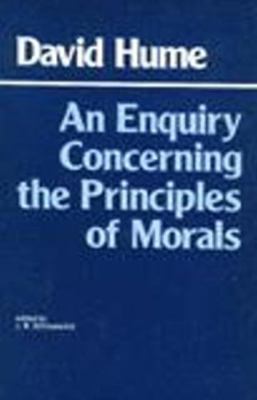
An Enquiry Concerning the Principles of Morals ...
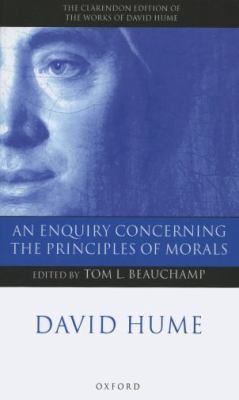
David Hume ' an Enquiry Concerning the Principl...
This new volume in the Clarendon Hume series presents a definitive scholarly edition of one of the greatest works in the history of philosophy. In his elegant and lucid Enquiry Hume gives us an accessible presentation of a fully developed ethical theory. The distinguished Hume...
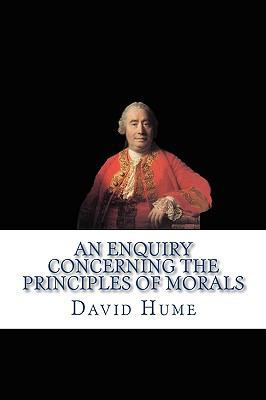
An Enquiry Concerning the Principles of Morals
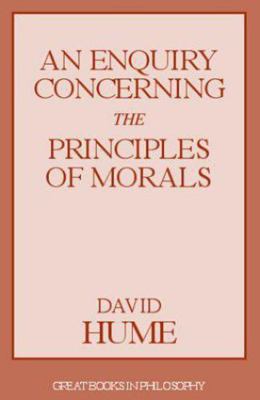
An Enquiry Concerning the Principles of Morals
Judging it to be of all my writings incomparably the best, Hume accurately assessed this groundbreaking classic, which continues to influence philosophical thinking on ethics to this day through the force of its ideas and its clarity of expression. Among the many insights that...
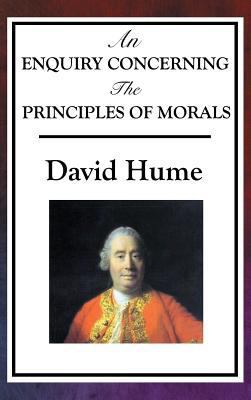
An Enquiry Concerning the Principles of Morals
David Hume's An Enquiry Concerning the Principles of Morals is often called Hume's second Enquiry. His approach in the second Enquiry is largely an empirical one. Instead of beginning his moral inquiry with questions of how morality ought to operate, he purports to investigate...
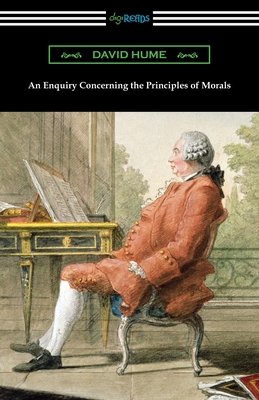
An Enquiry Concerning the Principles of Morals
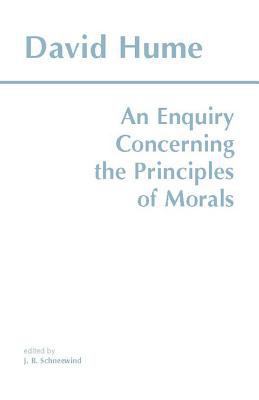
an-enquiry-concerning-the-principles-of-morals
A splendid edition. Schneewind's illuminating introduction succinctly situates the Enquiry in its historical context, clarifying its relationship to Calvinism, to Newtonian science, and to earlier moral philosophers, and providing a persuasive account of Hume's ethical naturalism...
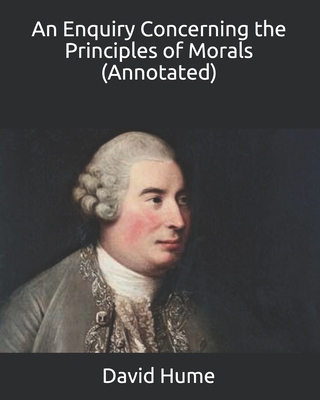
An Enquiry Concerning the Principles of Morals ...
Differentiated book- It has a historical context with research of the time-The purpose of realizing this historical context is to approach the understanding of a historical epoch from the elements provided by the text. Hence the importance of placing the document in context...
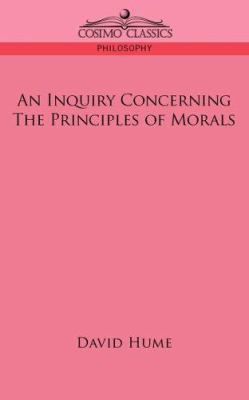
An Inquiry Concerning the Principles of Morals
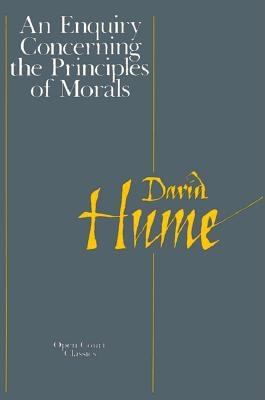
Enquiry Concerning the Principles of Morals
![del Amor y El Matrimonio y Otros Ensayos Morales [Spanish] 8420660019 Book Cover](https://i.thriftbooks.com/api/imagehandler/l/DB08D551559042087344896B642668053A813987.jpeg)
del Amor y El Matrimonio y Otros Ensayos Morales [Spanish]

Inquiry Concerning the Principles of Morals
The Clarendon Hume includes all of Hume's works except The History of England and minor historical writings. This scholarly edition-the first critical edition of Hume's works -provides for each text a historical introduction, a statement of editorial policies and principles,...

An Enquiry Concerning the Principles of Morals:...
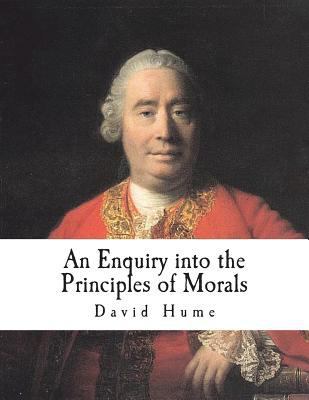
An Enquiry into the Principles of Morals
An Enquiry into the Principles of Morals by David Hume. An Enquiry Concerning the Principles of Morals (EPM) is a book by Scottish enlightenment philosopher David Hume. In it, Hume argues (among other things) that the foundations of morals lie with sentiment, not reason. An Enquiry...
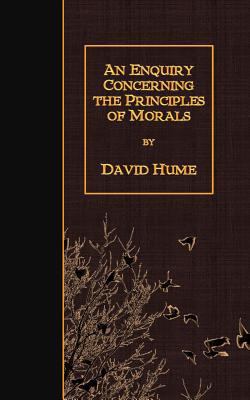
An Enquiry Concerning the Principles of Morals




